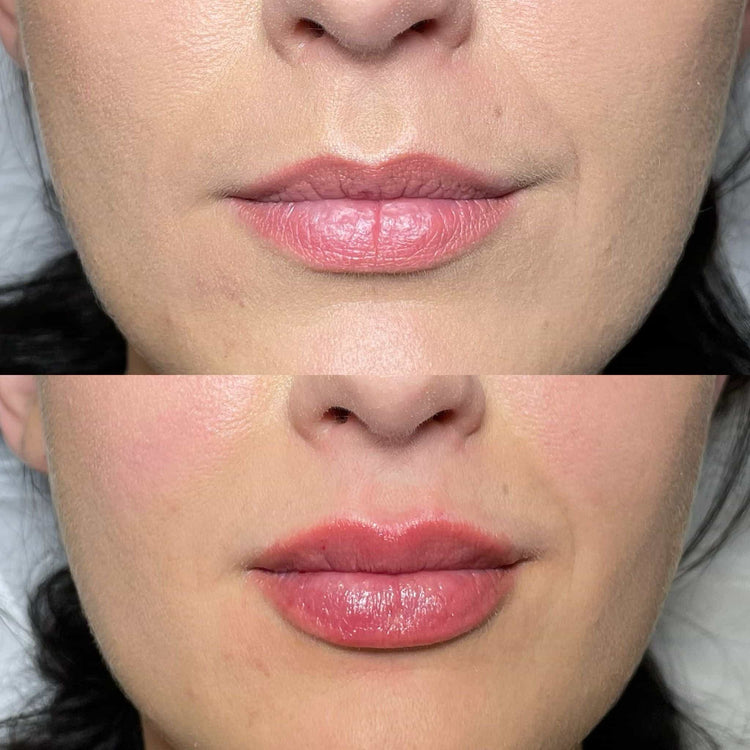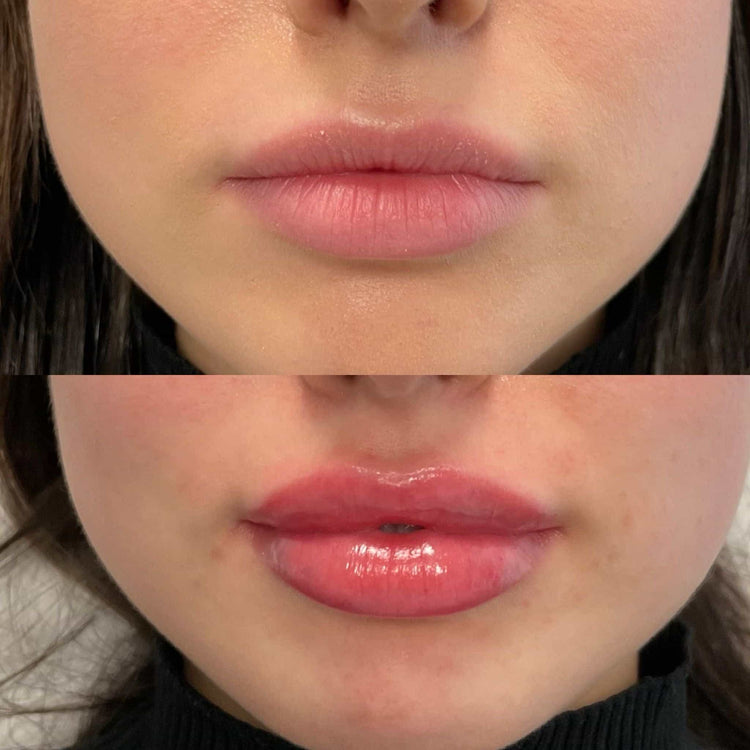Can You Get Dermal Fillers While Pregnant Or Breastfeeding?
Potential Risks
Dermal fillers are injectable substances used to enhance facial features and smooth wrinkles, but their use during pregnancy and breastfeeding raises important safety considerations. While research on the potential risks of dermal fillers during these periods is limited, it’s crucial to weigh the benefits against the unknown effects on both mother and child.
To the Mother
There are several potential risks associated with dermal filler use during pregnancy or breastfeeding. One concern is the possibility that the injected substances could cross the placental barrier and affect fetal development. While there is limited data on this, it’s essential to consider the unknown long-term consequences for the unborn child. Additionally, ingredients in dermal fillers may be secreted through breast milk and potentially harm the nursing infant.
To the Fetus
Another risk is that the body’s immune response to dermal fillers during pregnancy could lead to complications, such as allergic reactions or inflammation.
It’s also important to consider that pregnant women often experience hormonal changes that can affect how their bodies react to injectables. This unpredictability further adds to the potential for unforeseen adverse effects.
Safety Considerations
Dermal fillers are a popular way to enhance facial appearance, but their use during pregnancy and breastfeeding requires careful consideration.
Lack of Research
Due to the lack of research on the safety of dermal fillers during pregnancy and breastfeeding, it’s crucial to err on the side of caution.
- There is a possibility that the injected substances could cross the placenta and affect fetal development.
- Ingredients in dermal fillers may be passed through breast milk to the nursing infant.
- Pregnant women’s immune systems and hormonal changes can make them more susceptible to adverse reactions.
Individual Factors
Individual factors also play a role in assessing the risks associated with dermal fillers during pregnancy and breastfeeding. A woman’s overall health, pre-existing medical conditions, and any medications she is taking can influence how her body reacts to the filler substances.
Pregnant women with autoimmune disorders or allergies might be at an increased risk of complications. Similarly, those taking certain medications could experience unpredictable interactions with dermal fillers.
It’s crucial for individuals considering dermal fillers during pregnancy or breastfeeding to have a thorough discussion with their healthcare provider.
They can help evaluate the potential risks and benefits based on individual circumstances and provide personalized advice.
Alternatives
Dermal fillers offer a popular solution for enhancing facial appearance, but their use during pregnancy and breastfeeding raises important safety concerns.
Non-Invasive Treatments
While dermal fillers are a common cosmetic treatment, there are several non-invasive alternatives to consider during pregnancy or breastfeeding. These options prioritize the well-being of both mother and child while still addressing aesthetic concerns.
Chemical peels, microdermabrasion, and laser treatments can be adjusted for safety during these periods under the guidance of a qualified dermatologist.
For wrinkle reduction, topical creams containing retinol, hyaluronic acid, or peptides offer gentler alternatives.

Maintaining a healthy lifestyle with proper hydration, nutrition, and stress management can also contribute to a radiant complexion.
Alternative Fillers
Non-invasive alternatives to dermal fillers during pregnancy and breastfeeding prioritize the well-being of both mother and child.
Chemical peels, microdermabrasion, and laser treatments can be adjusted for safety during these periods under the guidance of a qualified dermatologist.
Topical creams containing retinol, hyaluronic acid, or peptides offer gentler alternatives for wrinkle reduction.
Maintaining a healthy lifestyle with proper hydration, nutrition, and stress management also contributes to a radiant complexion.
Recommendations from Professionals
Dermal fillers have become increasingly popular for enhancing facial features and smoothing wrinkles. However, their use during pregnancy and breastfeeding raises important safety concerns due to the potential impact on both the mother and child.
Medical Advice**
It is essential for pregnant women or those who are breastfeeding to consult with a qualified healthcare professional before considering dermal fillers.
They can provide personalized advice based on individual medical history, current medications, and overall health status.
A thorough evaluation will help assess the potential risks and benefits of dermal fillers during these sensitive periods.
Important Notes**
It’s crucial to prioritize the safety of both mother and child during pregnancy and breastfeeding.

Dermal fillers are not typically recommended during these times due to a lack of research on their long-term effects on fetal development and nursing infants.
The potential risks associated with dermal fillers during pregnancy and breastfeeding outweigh the potential benefits.
It’s important to discuss alternative cosmetic treatments with a healthcare professional who can recommend safe and effective options.
Learn how dermal fillers can smooth smile lines at It’s Me & You Clinic with Dr. Laura Geige
- THC Soda And Sleep: Can It Help You Relax And Fall Asleep Faster? - November 30, 2025
- Skin Pen Microneedling Near Shackleford, Surrey - November 20, 2025
- Skin Injectables Near Puttenham, Surrey - November 17, 2025
